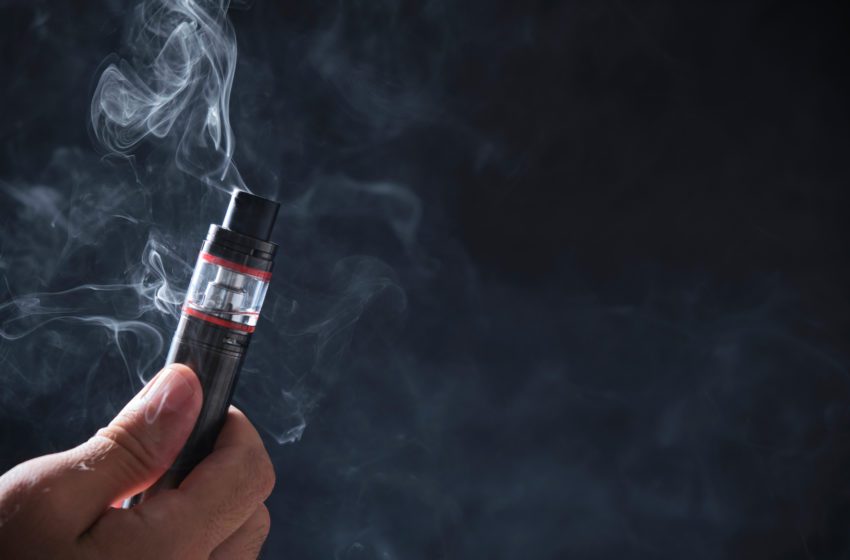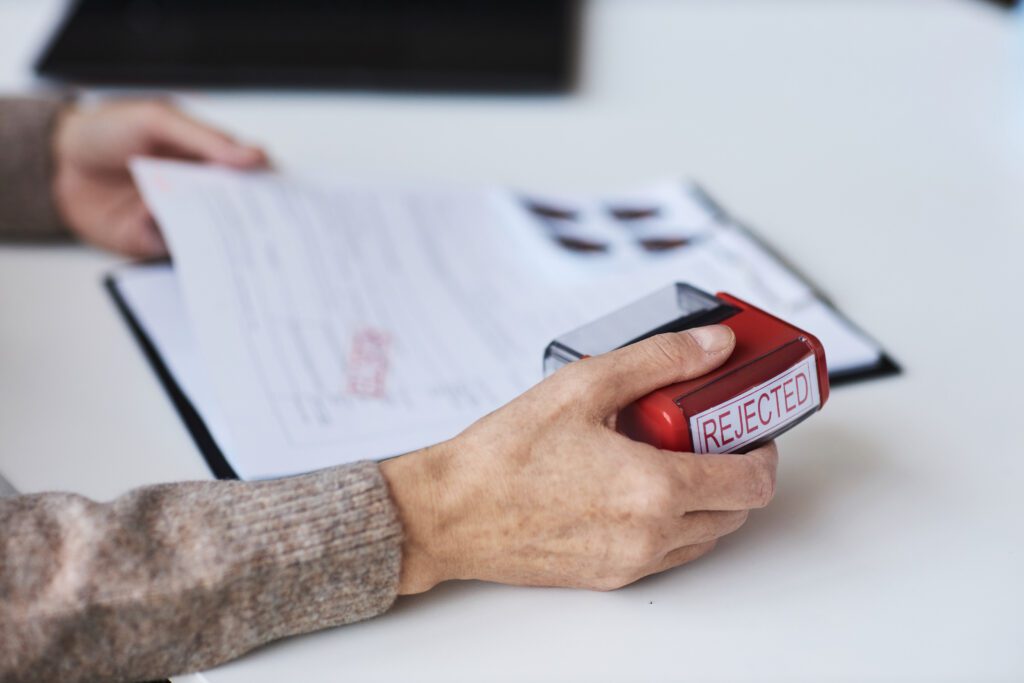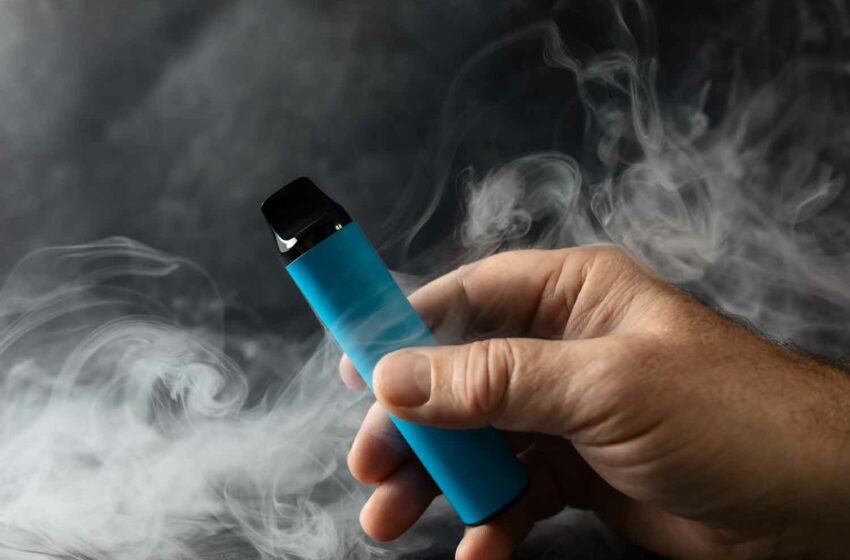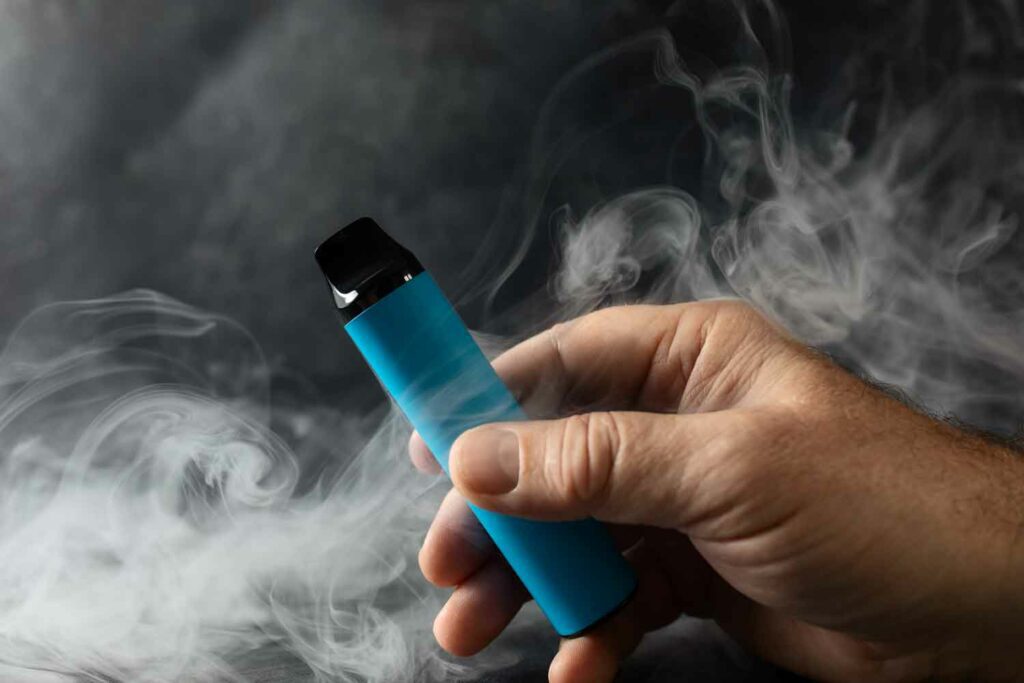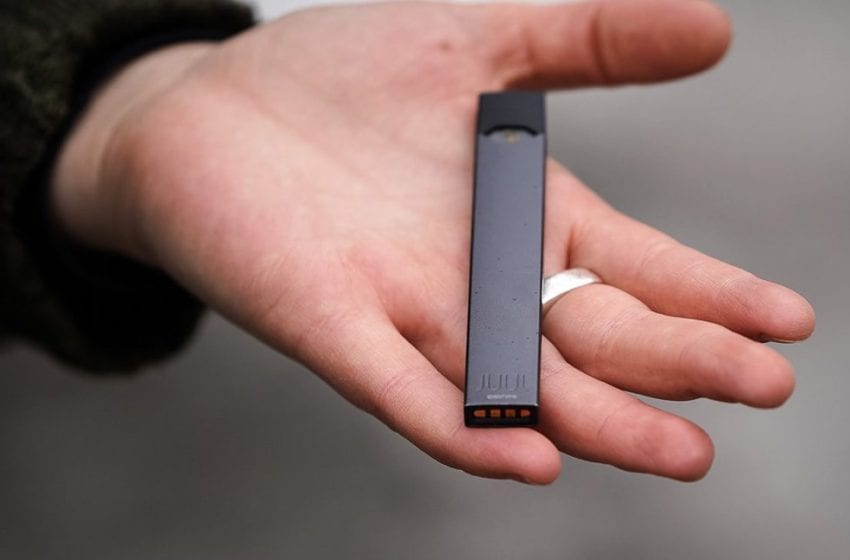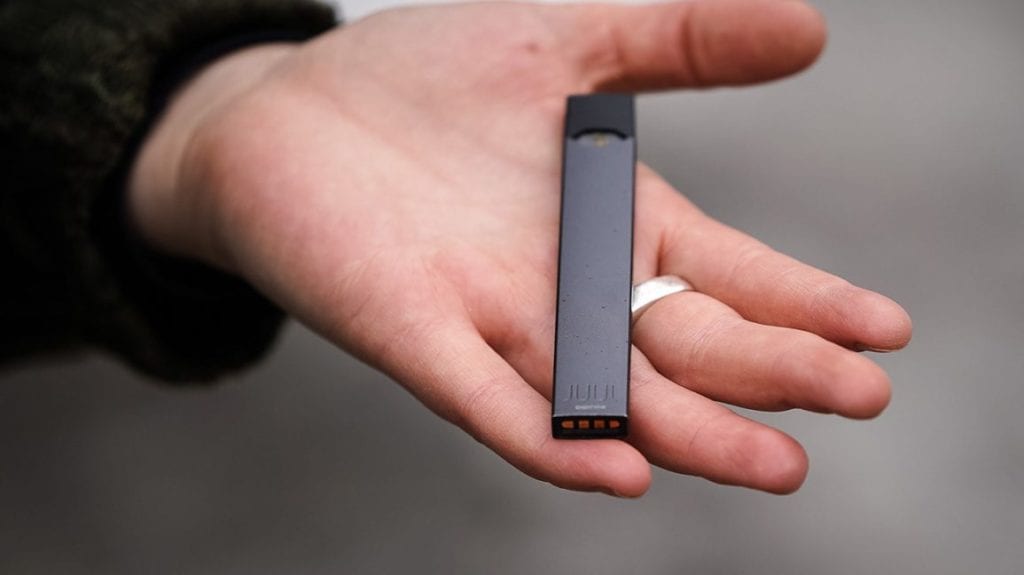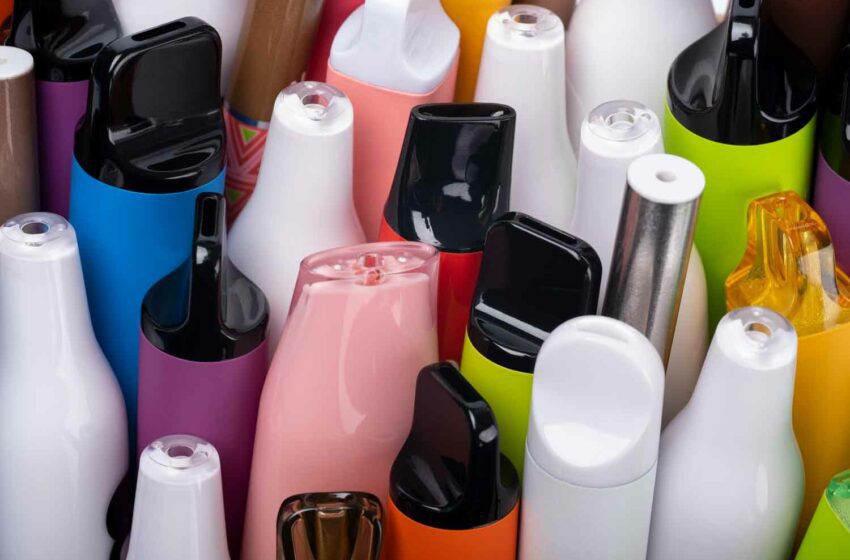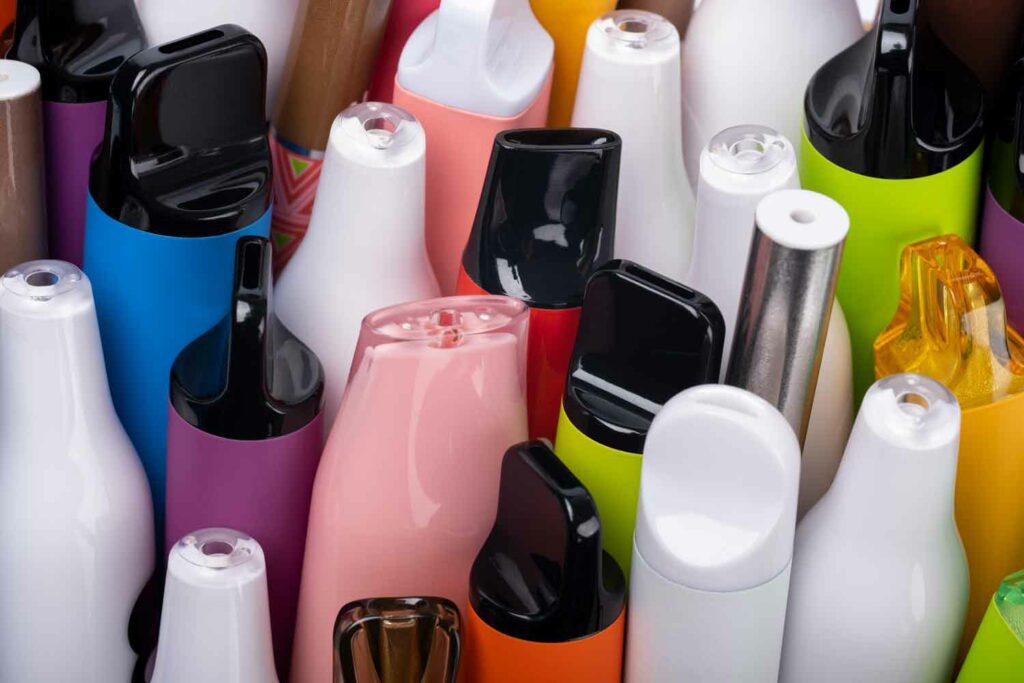
Taiwan authorities are concerned about the growing popularity of “zombie vapes,” e-cigarettes containing etomidate, reports The Taipei Times.
According to health experts, etomidate is a type of central nervous system depressant that can induce anesthesia. Abusing etomidate could lead to irritability, disorganized behavior, tremors, twitching or even death, explained Lin Yi-ching, a pediatrician at Kaohsiung Medical University Chung-Ho Memorial Hospital.
From July to October, authorities seized 14,128 zombie vape cartridges, along with e-liquid and powders that could be made into more than 1.83 million cartridges worth about NTD4.6 billion ($143.33 million).
While etomidate is listed as a Category 3 narcotic, a review committee will consider whether to upgrade the drug to Category 2, Ministry of Justice Department of Prosecutorial Affairs Director-General Kuo Yung-fa said.
Overall e-cigarette use among junior high school students in Taiwan increased from 1.9 percent in 2017 to 3.9 percent in 2021, a HPA survey reported by Taiwan News showed. Among senior high school students, the rate rose from 3.4 percent to 8.8 percent during the same period.
Taiwan outlawed vapes in 2023, with violators risking fines of up to NTD10,000.

